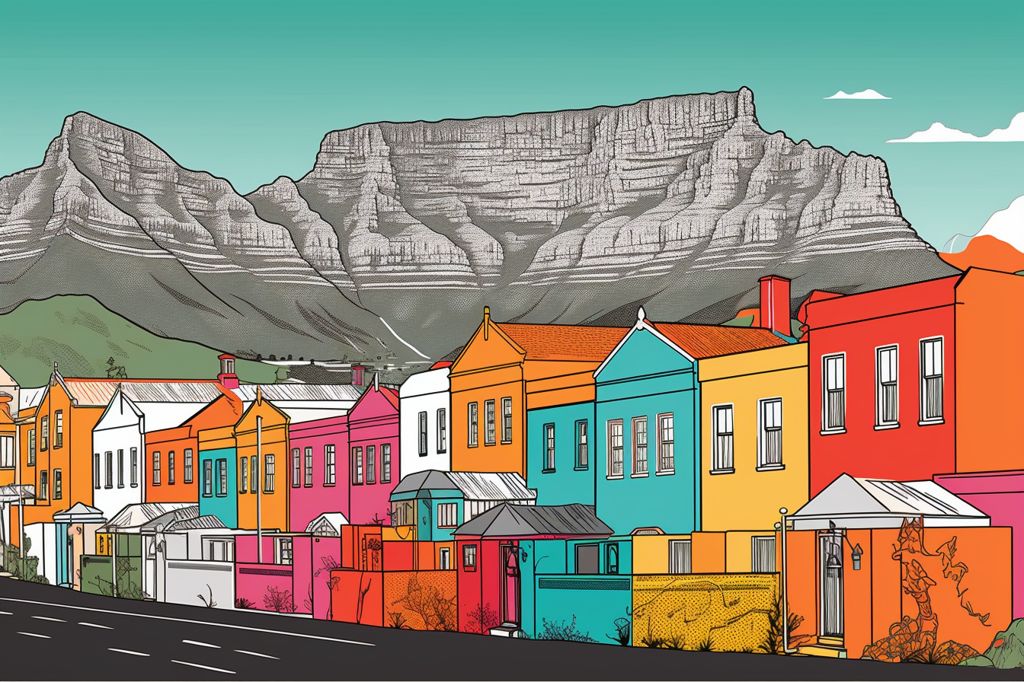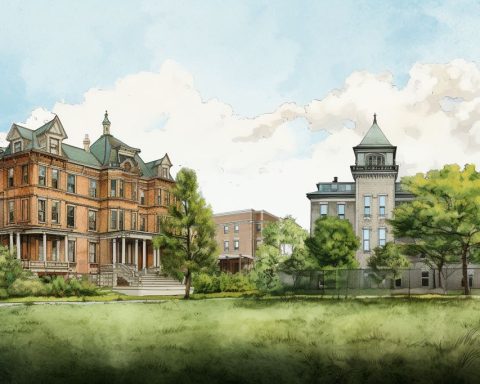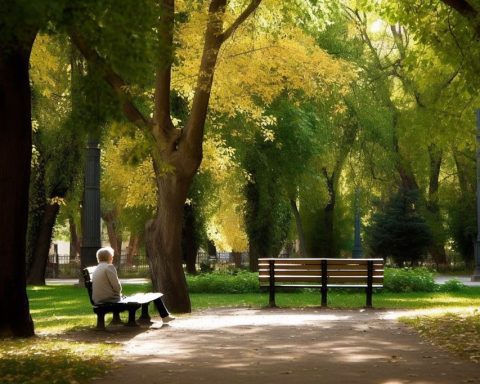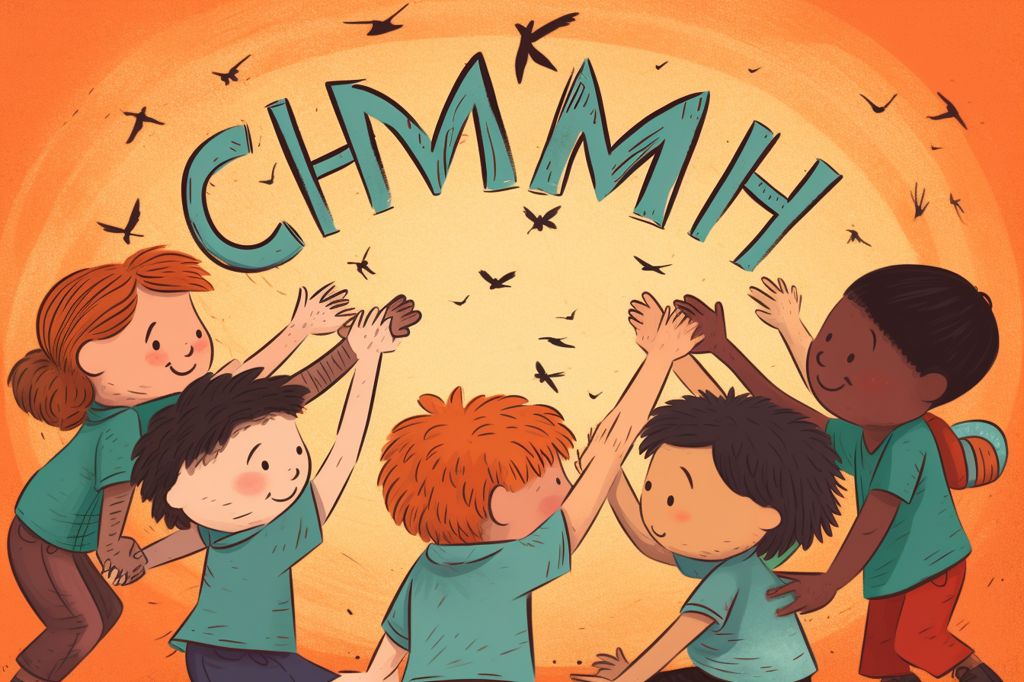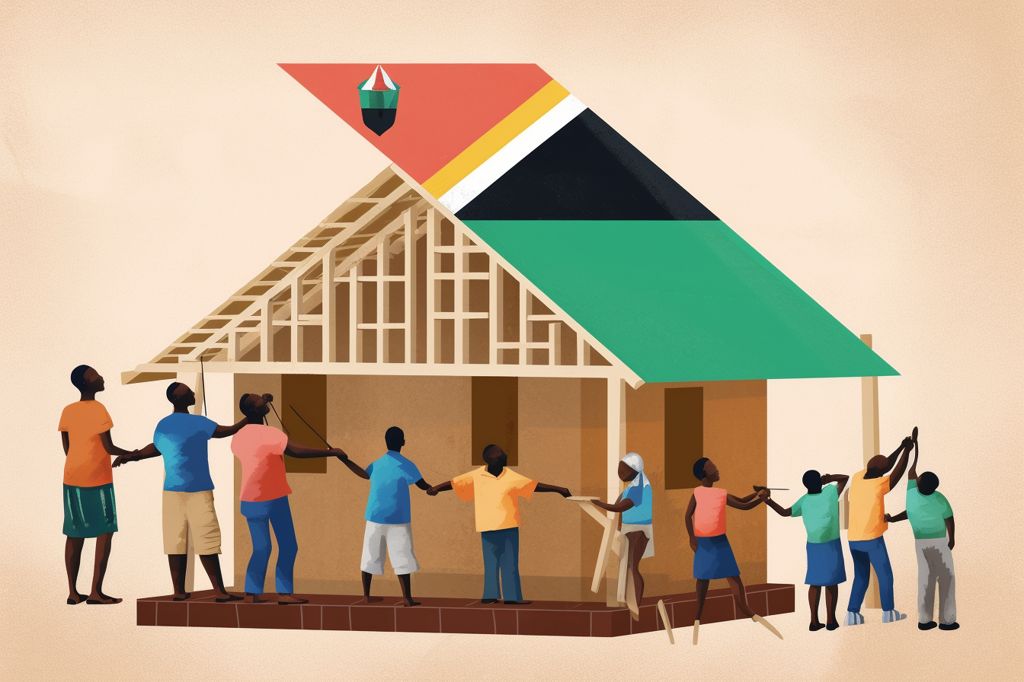The City Council of Cape Town has approved local neighborhood plans, also known as local spatial development frameworks (LSDFs), for three historic areas: Bo-Kaap, District Six, and Two Rivers. This marks a significant moment in Cape Town’s history as it is the first time plans have been created to guide spatial development and land use at the local level for these neighborhoods.
Collaborative Efforts
The LSDFs were created through collaboration between the City’s Urban Planning and Design Department, local communities, and various stakeholders. Input from residents, interest groups, and community representatives was sought to ensure that the plans cater to the unique cultural, historical, and developmental needs of these areas.
Bo-Kaap
Bo-Kaap is the oldest residential neighborhood in South Africa, with a rich history and iconic architectural style. The LSDF aims to protect and enhance the area’s heritage while promoting sustainable development. Economic and tourism potential is emphasized while preserving the neighborhood’s unique character and quality of life.
However, developing such a sensitive heritage area comes with challenges. The LSDF has been approved on the condition that detailed heritage guidelines are developed and submitted to the Council for consideration and approval.
District Six
The City is collaborating with the National Government, the District Six community, and other stakeholders to re-establish this once-vibrant neighborhood. The LSDF aims to create a multicultural community that fosters urban growth, employment, and access to economic opportunities. Public open spaces that connect residents with one another and surrounding neighborhoods are also a focus.
Two Rivers
The Two Rivers LSDF aims to intensify residential, economic, recreational, and institutional urban activities through the development of vacant land and the connection of precincts at the confluence of the Liesbeek and Black Rivers. The plan outlines actions and interventions to develop the area, including the creation of a green park. Additionally, the LSDF seeks to address housing and employment needs while protecting the river corridors, open spaces, and heritage resources.
Supporting Guidelines
The LSDFs for Bo-Kaap, District Six, and Two Rivers build upon and support the spatial development guidelines outlined in the Table Bay District Spatial Development Framework and the Cape Town Municipal Spatial Development Framework. The approval and implementation of these LSDFs signify a promising new chapter in the evolution of these historic Cape Town neighborhoods, setting the stage for sustainable development and the preservation of cultural heritage.

